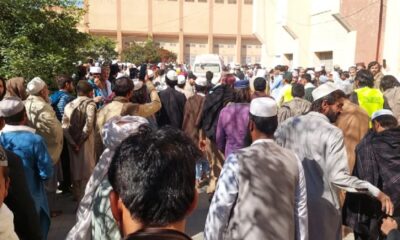Latest News
CARE resumes health activities with men and women staff in Afghanistan

CARE will be resuming its health and nutrition operations in Afghanistan after obtaining the necessary assurances from the Ministry of Public Health that its female staff will be able to carry out their work safely and unfettered, both in community-based and support roles.
According to a statement issued by the organization, CARE suspended operations in response to the December 24 decision by the Islamic Emirate of Afghanistan (IEA) to ban all women from working for NGOs operating in Afghanistan.
“Our female colleagues are an essential part of our organization and we cannot deliver a principled response without them, so we welcome the opportunity to resume our health and nutrition operations given the scope of the ongoing humanitarian crisis in Afghanistan. That said, CARE depends on both male and female staff to respond to wide range of challenges facing the Afghan people,” the statement read.
“We are hopeful that the ban will be reversed, but in the meantime will continue to look for ways to move forward that will allow both female and male workers to provide life-saving work –especially to Afghan women and girls – in all sectors.”
CARE has worked in Afghanistan since 1961 and operates 30 mobile health teams in 7 provinces.
Latest News
Iran determined to collaborate on water, energy projects with Afghanistan: Bikdeli
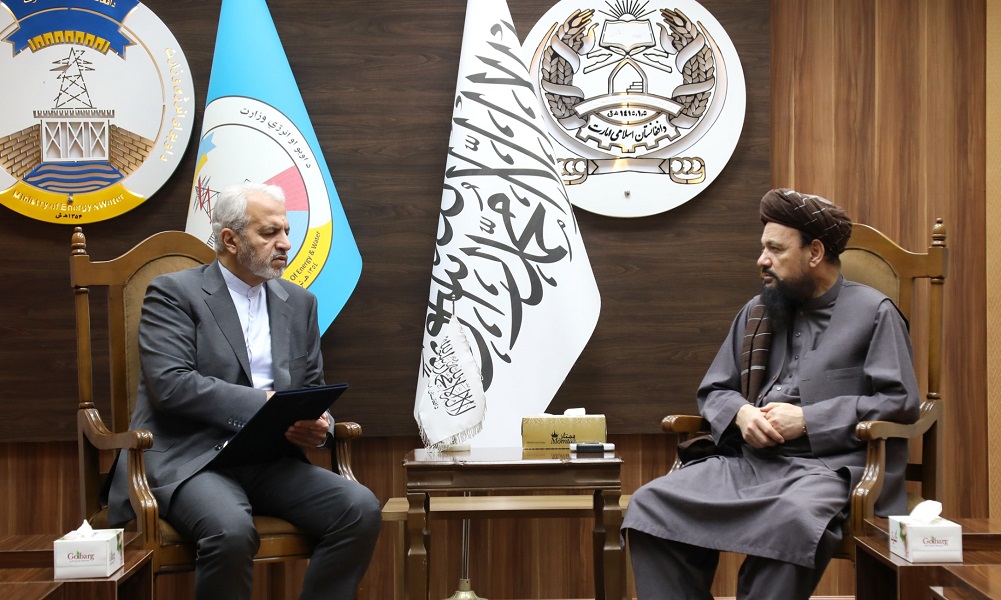
The Ministry of Energy and Water says Iran is determined to cooperate with Afghanistan in implementing water and energy development projects.
These remarks were made by Ali Reza Bikdeli, the acting ambassador of Iran in Kabul, during a meeting with Abdul Latif Mansour, the acting minister of Energy and Water.
In this meeting, the two sides also emphasized the need for developing and expanding cooperation between Kabul and Tehran, and discussed issues related to water shortages and droughts.
Mansour added that Afghanistan has created investment opportunities and that the Islamic Emirate welcomes developmental and economic cooperation with neighboring countries.
Meanwhile, private sector members have stated that economic relations with Iran can be expanded, and this could be important for economic stability between the two countries.
Latest News
Muttaqi urges Oman to release Afghan prisoners
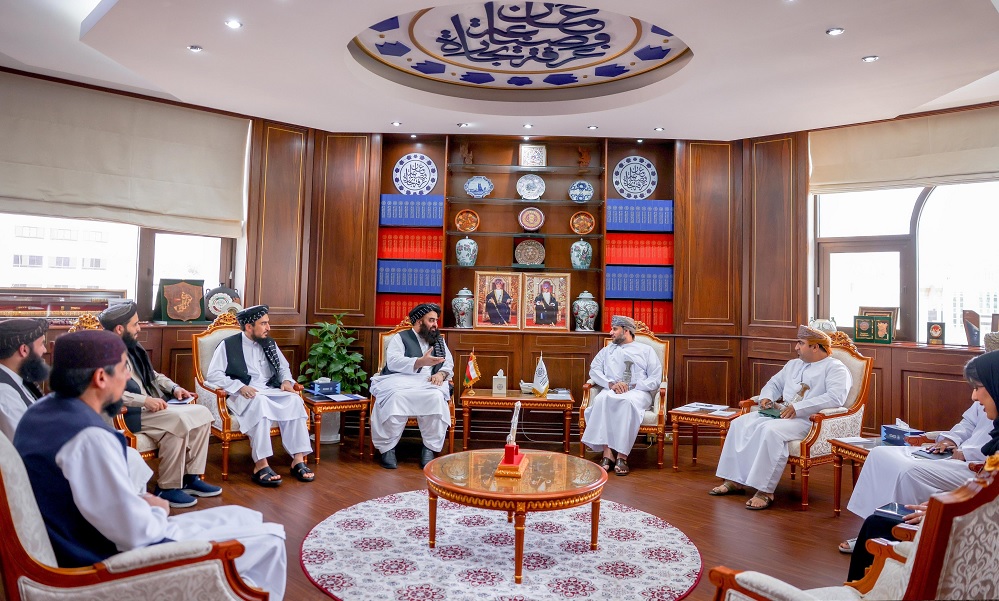
Acting Minister of Foreign Affairs Amir Khan Muttaqi, during his visit to Oman, has called on the country to reduce the prison terms of Afghan prisoners and release them.
According to a statement issued by the Ministry of Foreign Affairs on Friday, Muttaqi met with several officials of Oman including the Minister of the Royal Office in the Sultanate of Oman, the officials of the Chamber of Commerce and Investment, and the Minister of Endowments and Religious Affairs.
He called for the start of direct flights between the two countries and Oman’s coordination with the Afghan Embassy in providing consular services to Afghans residing in Oman.
He also called for increased trade between the two countries.
Muttaqi told the Minister of Endowments and Religious Affairs of Oman that the experiences of the two countries in the field of mosques, pilgrimage and endowments should be shared with each other. He also called for Oman’s assistance in the reconstruction of mosques in Afghanistan.
Latest News
Greece at UN: Any engagement with IEA cannot be detrimental to women

Greece’s representative said at a United Nations meeting Tuesday that the Islamic Emirate continues gender discrimination in Afghanistan, and any engagement with it cannot be detrimental to women.
The meeting was held under the theme “Afghanistan to New York: Afghan women calling for action,” a side event of the 69th session of Commission on the Status of Women.
A Greek official said at the meeting that the Islamic Emirate has tried to erase women from the public life by enacting the Propagation of Virtue and Prevention of Vice Law.
He also said that the restrictions on the work of women in the United Nations and NGOs have had a severe repercussion on delivering humanitarian assistance in Afghanistan.
The official asked Islamic Emirate to end the “systematic violation” of women’s rights in Afghanistan.
Isabelle Rome, the Ambassador at Large for Human Rights for France, said that depriving women’s rights is depriving the rights of half of humanity and France will not remain silent about it.
Australian Ambassador for Gender Equality, Stephanie Copus Campbell noted that Australia, Canada, Germany and the Netherlands have initiated proceeds against the Islamic Emirate for women’s rights violations.
In September last year, the four nations had announced that they would take the Islamic Emirate to the International Court of Justice (ICJ) if it does not improve women’s rights in Afghanistan.
The Islamic Emirate has said that the rights of women in Afghanistan are ensured according to Sharia and countries should not interfere in the internal affairs of Afghanistan.
-
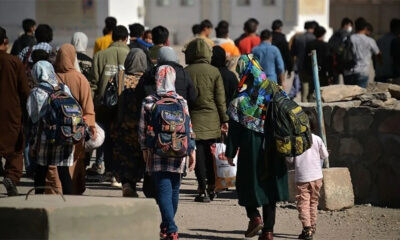
 Latest News5 days ago
Latest News5 days agoIran’s interior ministry outlines new rules for Afghan nationals living in Iran
-

 International Sports5 days ago
International Sports5 days agoKohli praises teammates for unbeaten Champions Trophy campaign
-

 Latest News5 days ago
Latest News5 days agoPulling plug on Ukraine would ‘be worse than Afghanistan’, US senator says
-

 Latest News5 days ago
Latest News5 days agoTurkish envoy meets with OIC for talks on Afghanistan
-

 Latest News3 days ago
Latest News3 days agoKabul Airport bombing suspect not a top-level planner of deadly attack: FBI
-

 World4 days ago
World4 days agoZelenskiy in Saudi Arabia as US voices hope for Ukraine peace talks
-

 Latest News5 days ago
Latest News5 days agoAfghanistan, Pakistan forces at Torkham border agree to two-day ceasefire
-
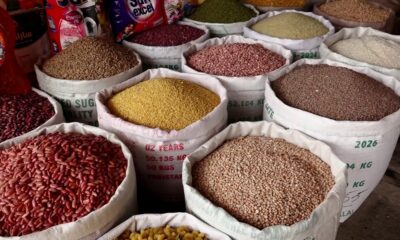
 Latest News4 days ago
Latest News4 days agoCitizens concerned about increase in food prices across Afghanistan




